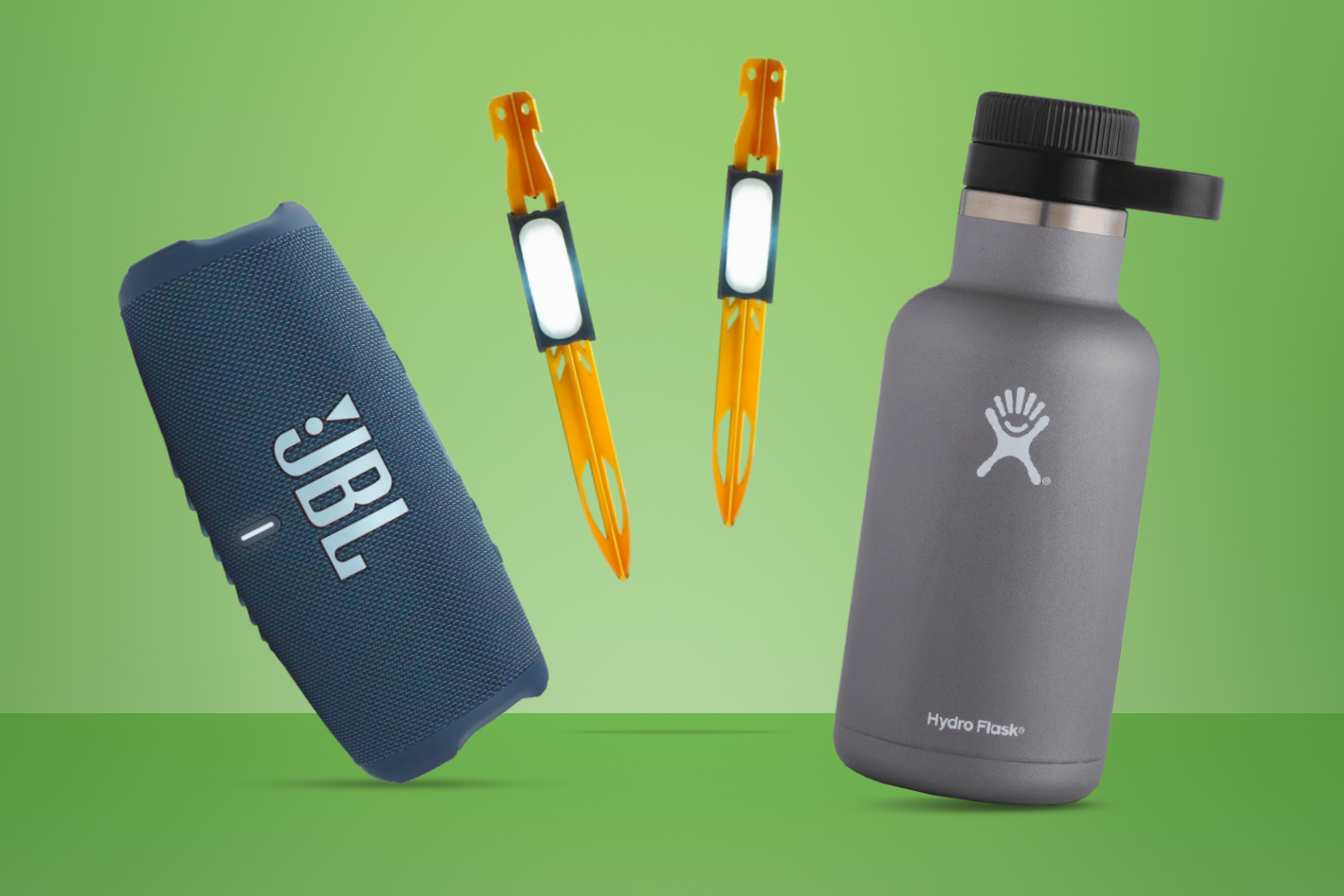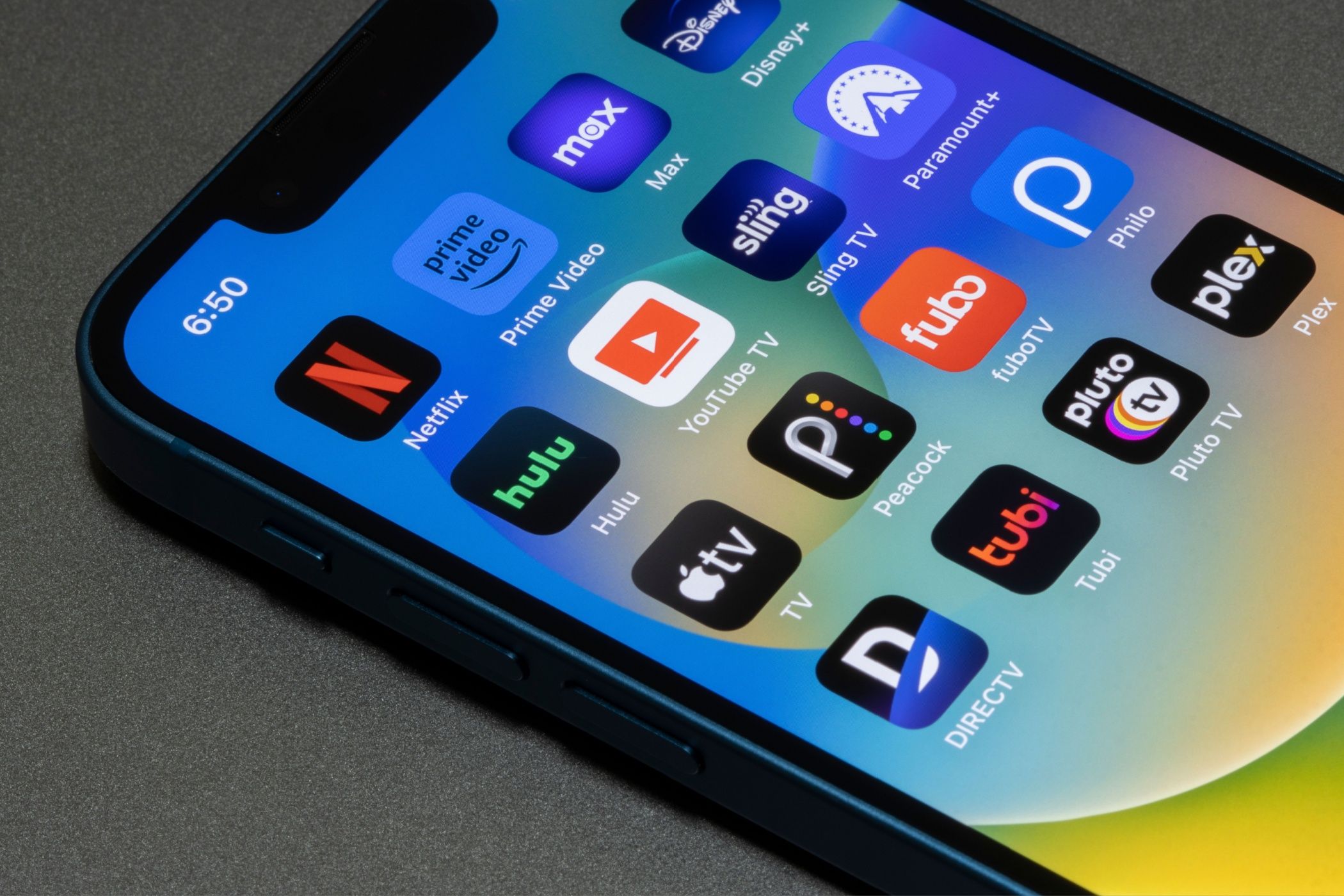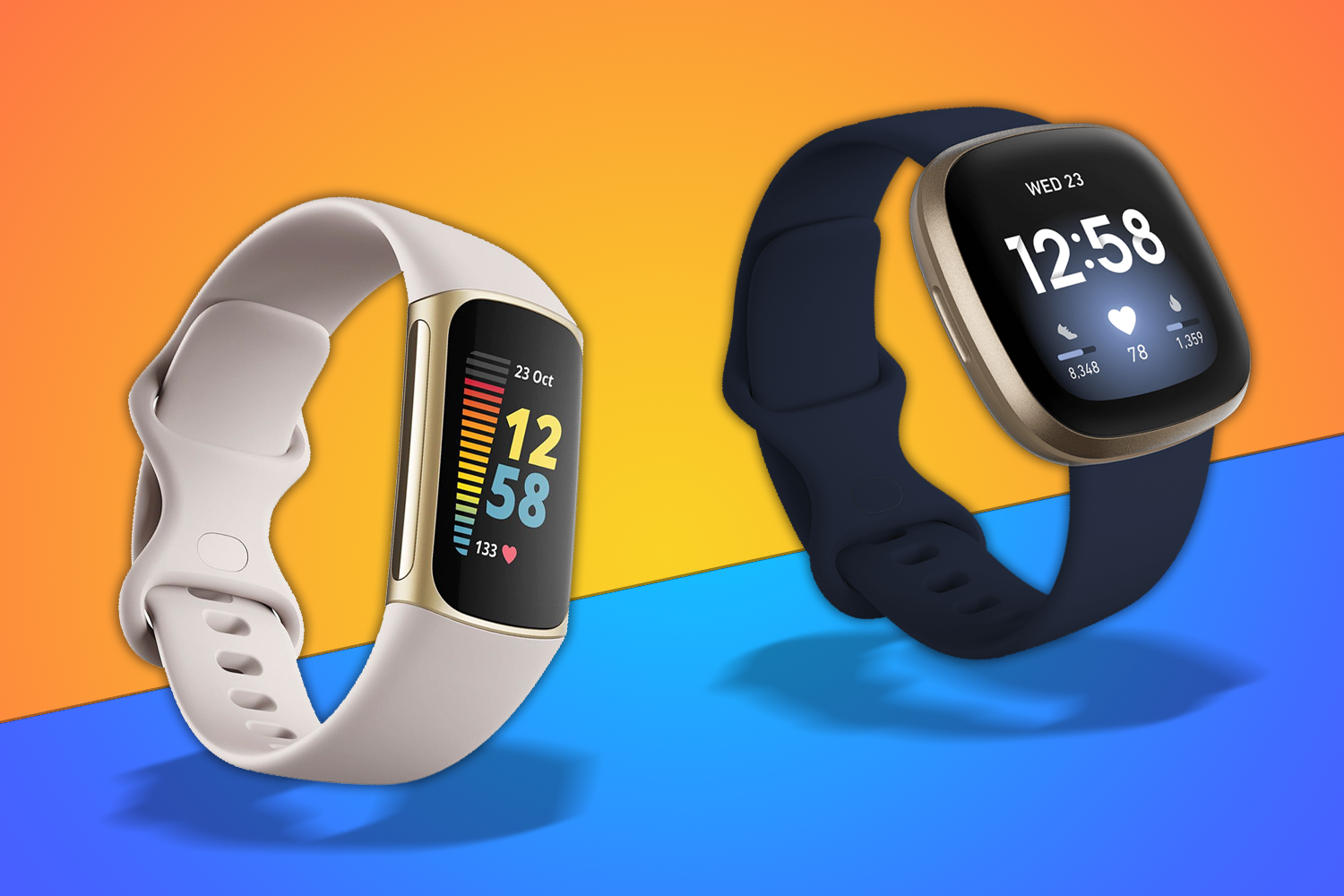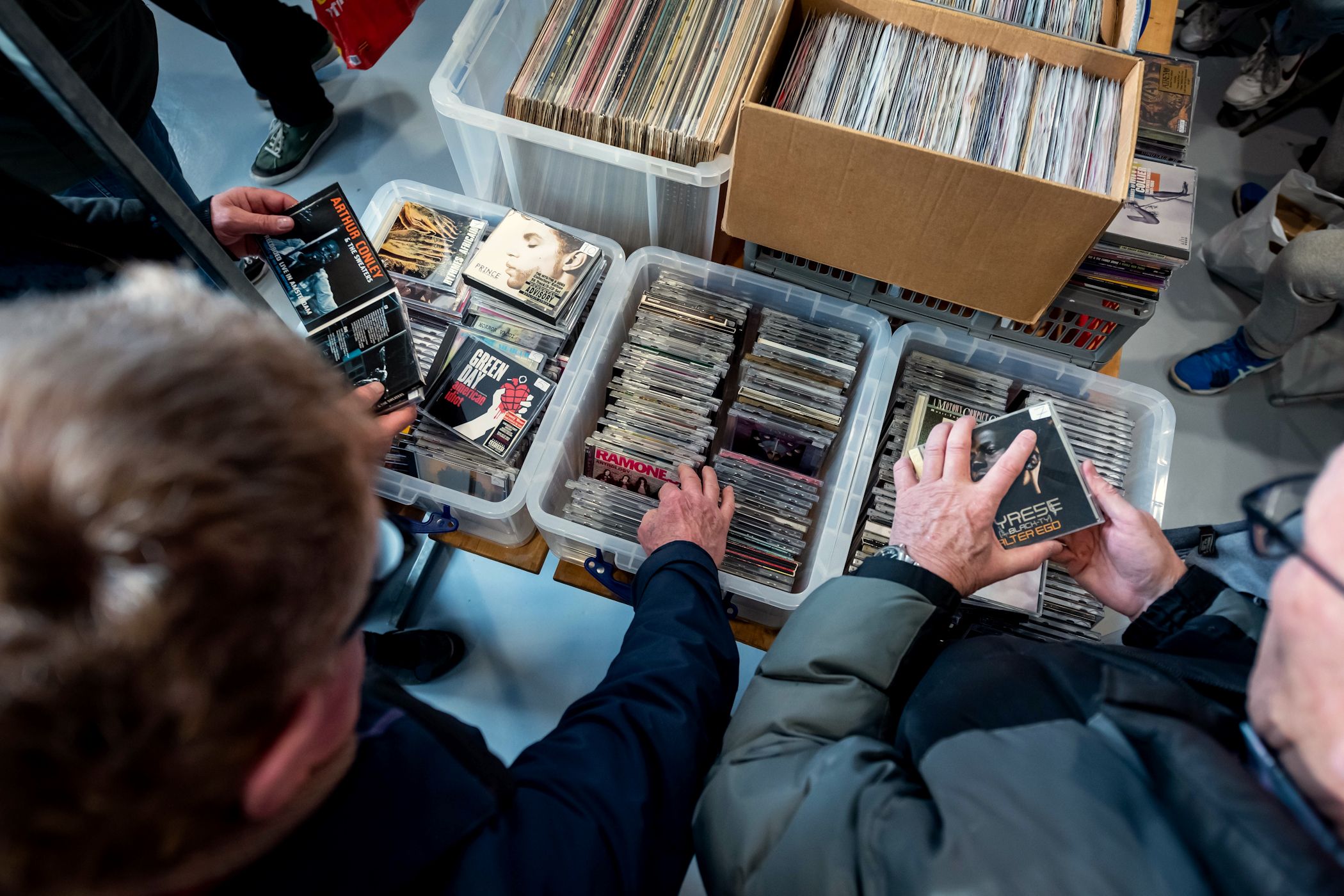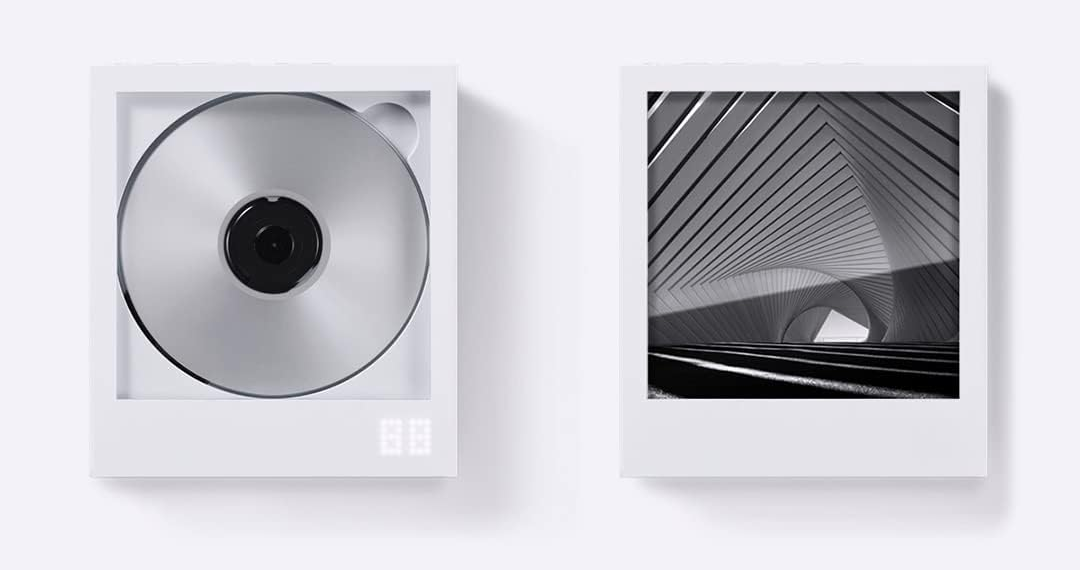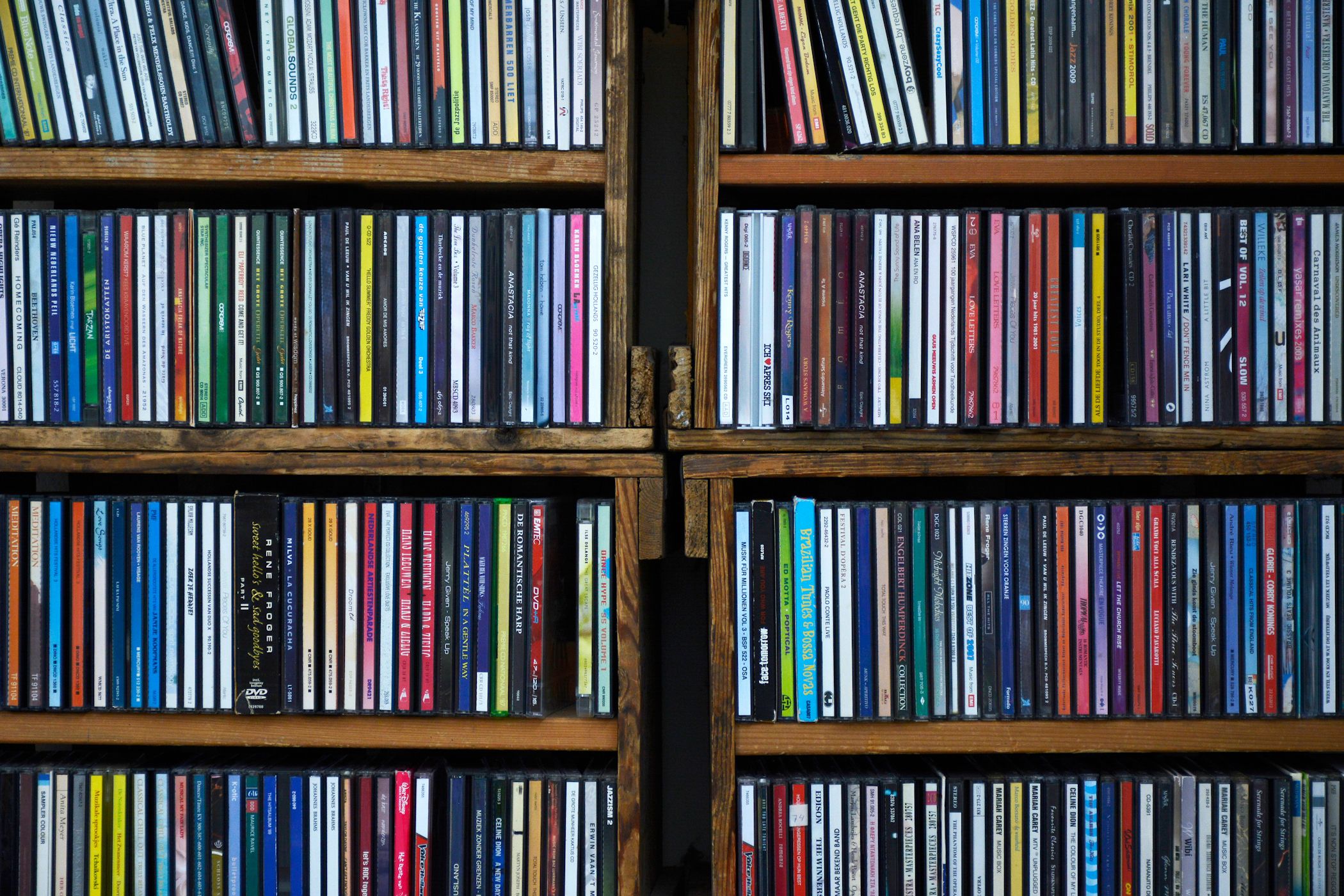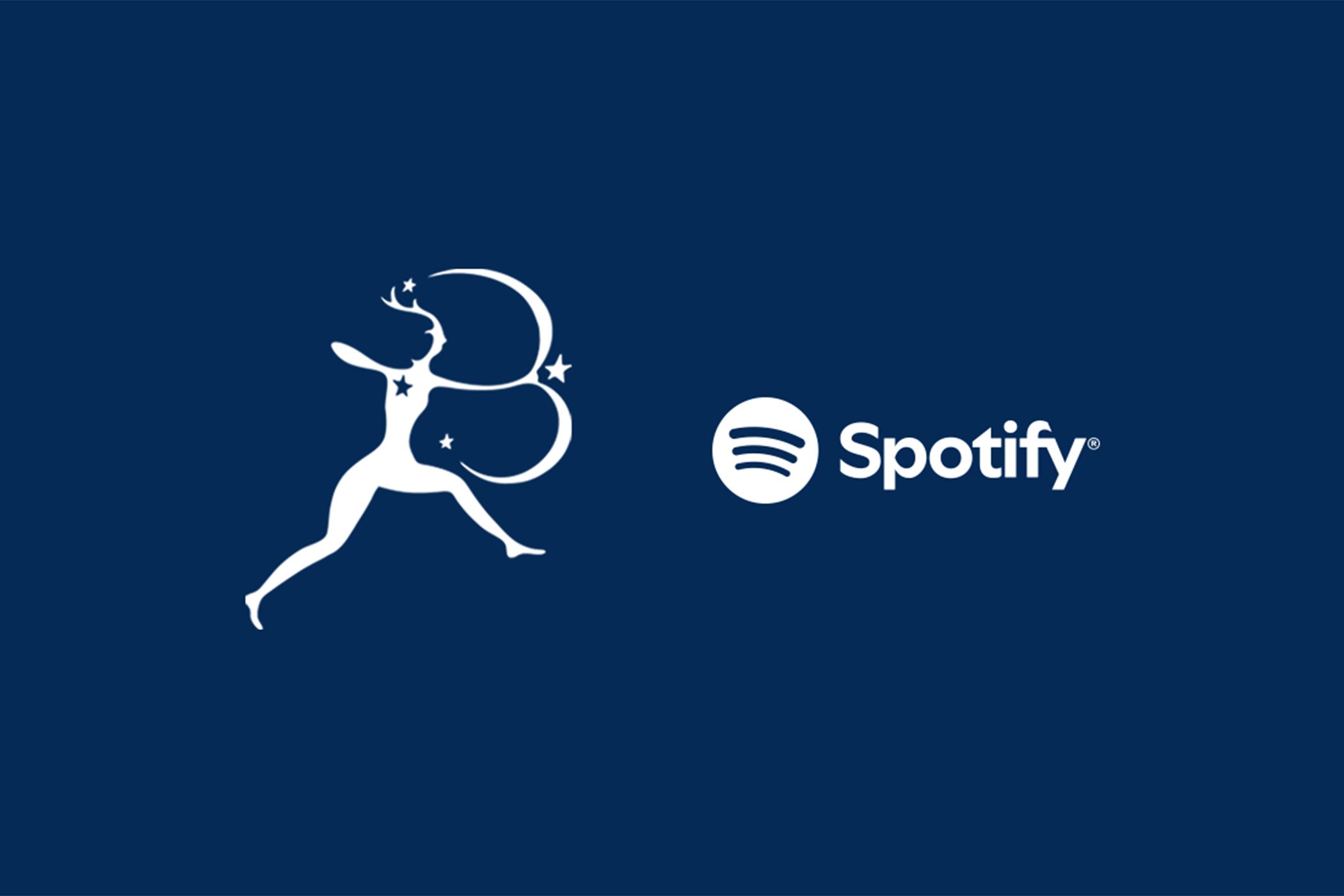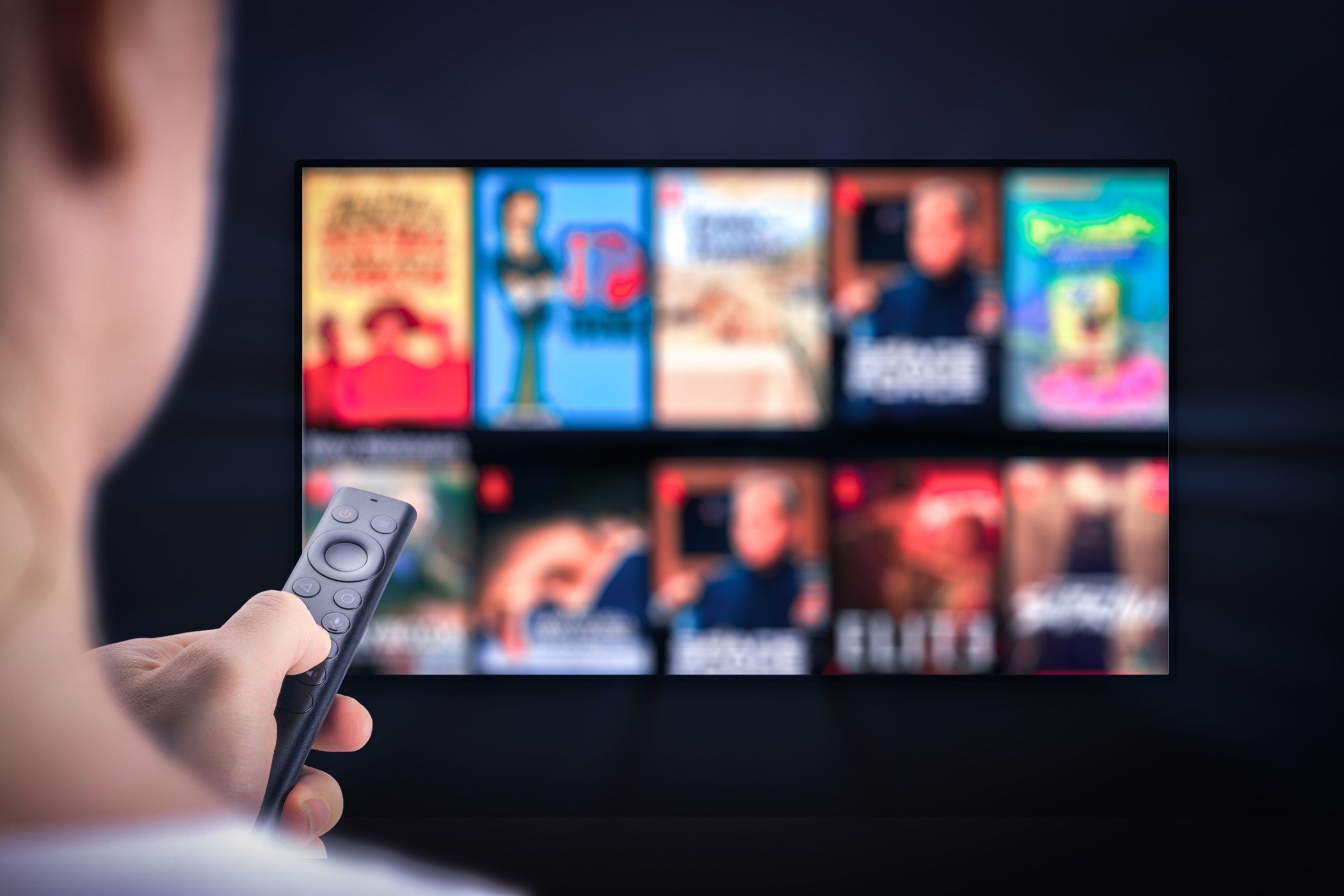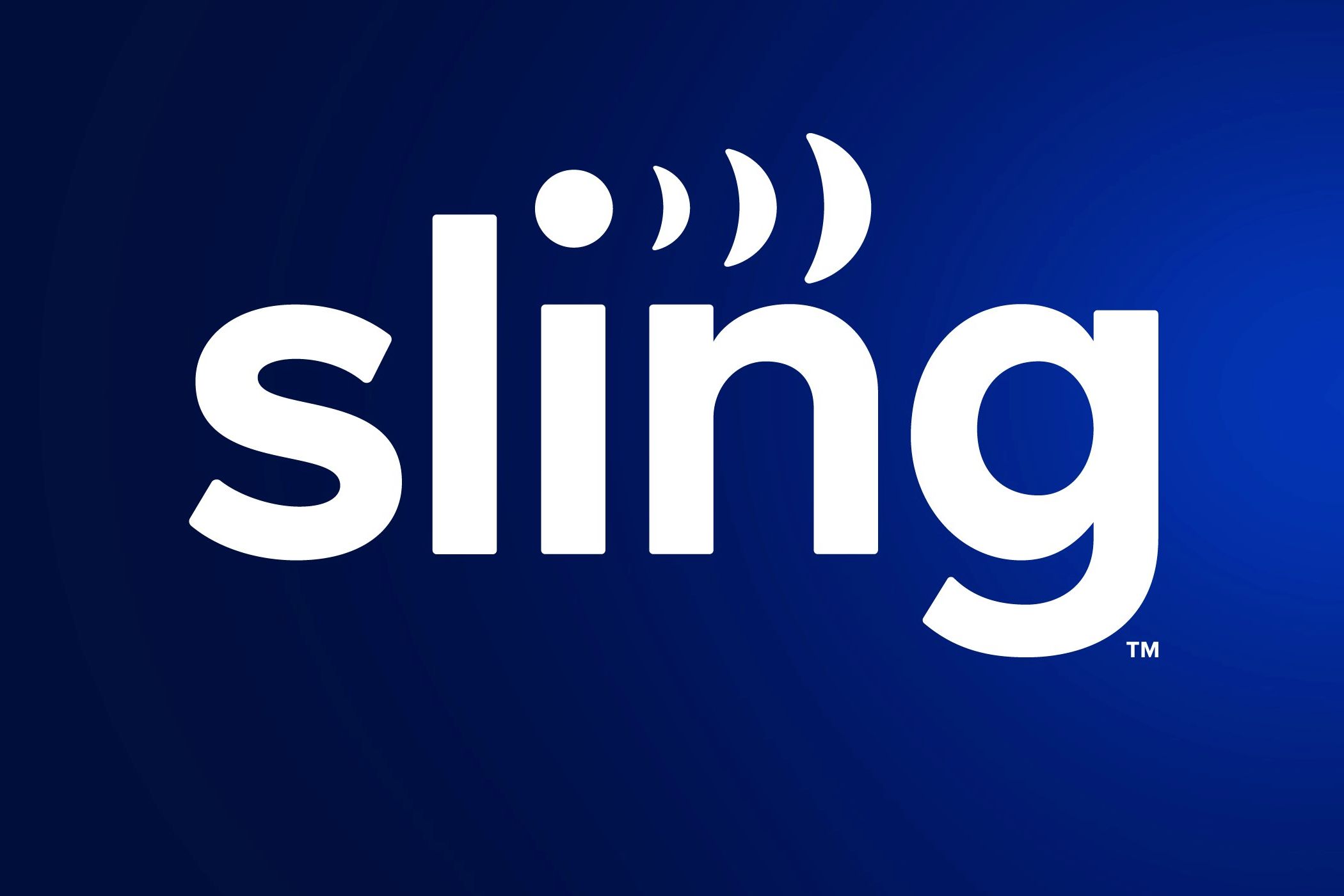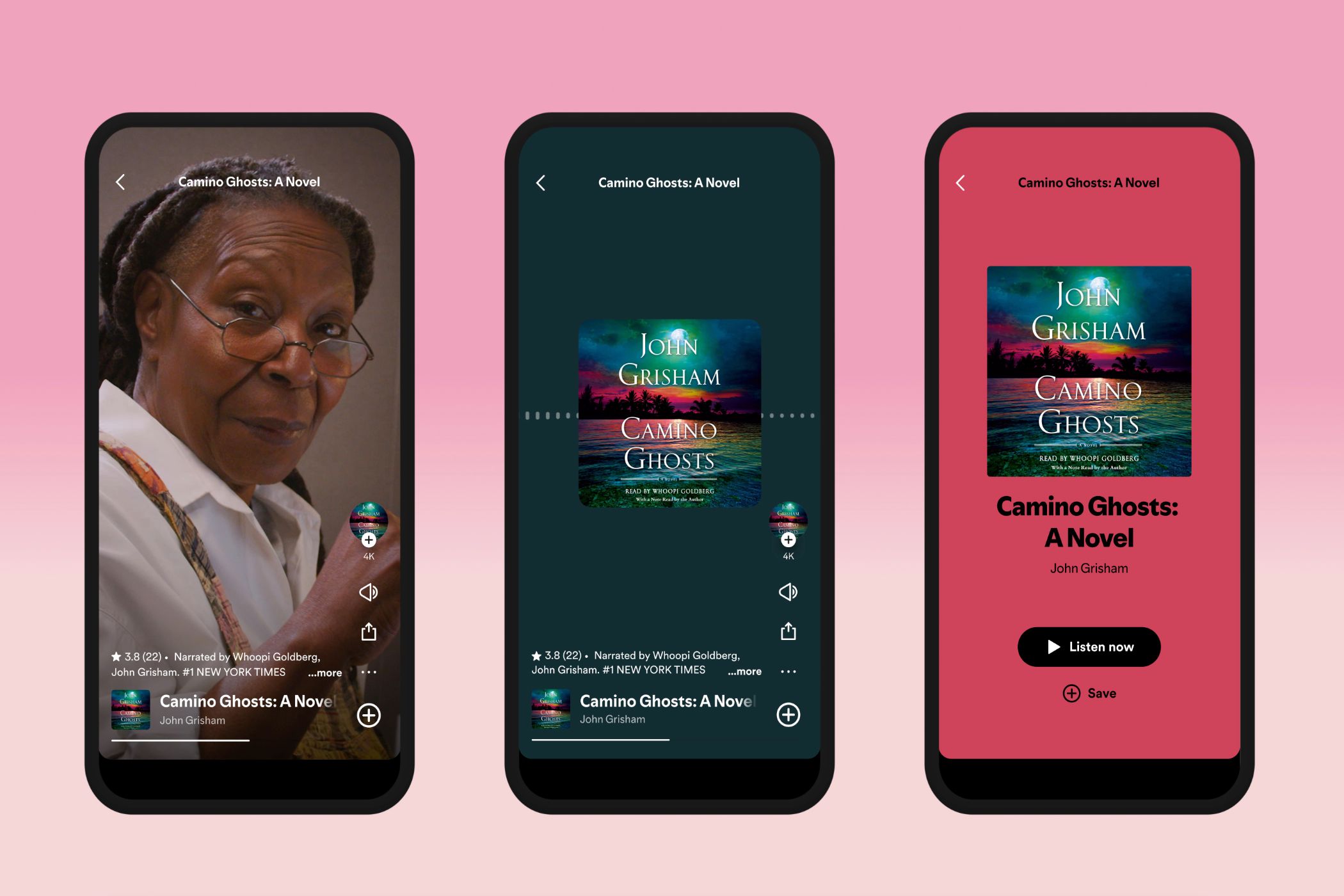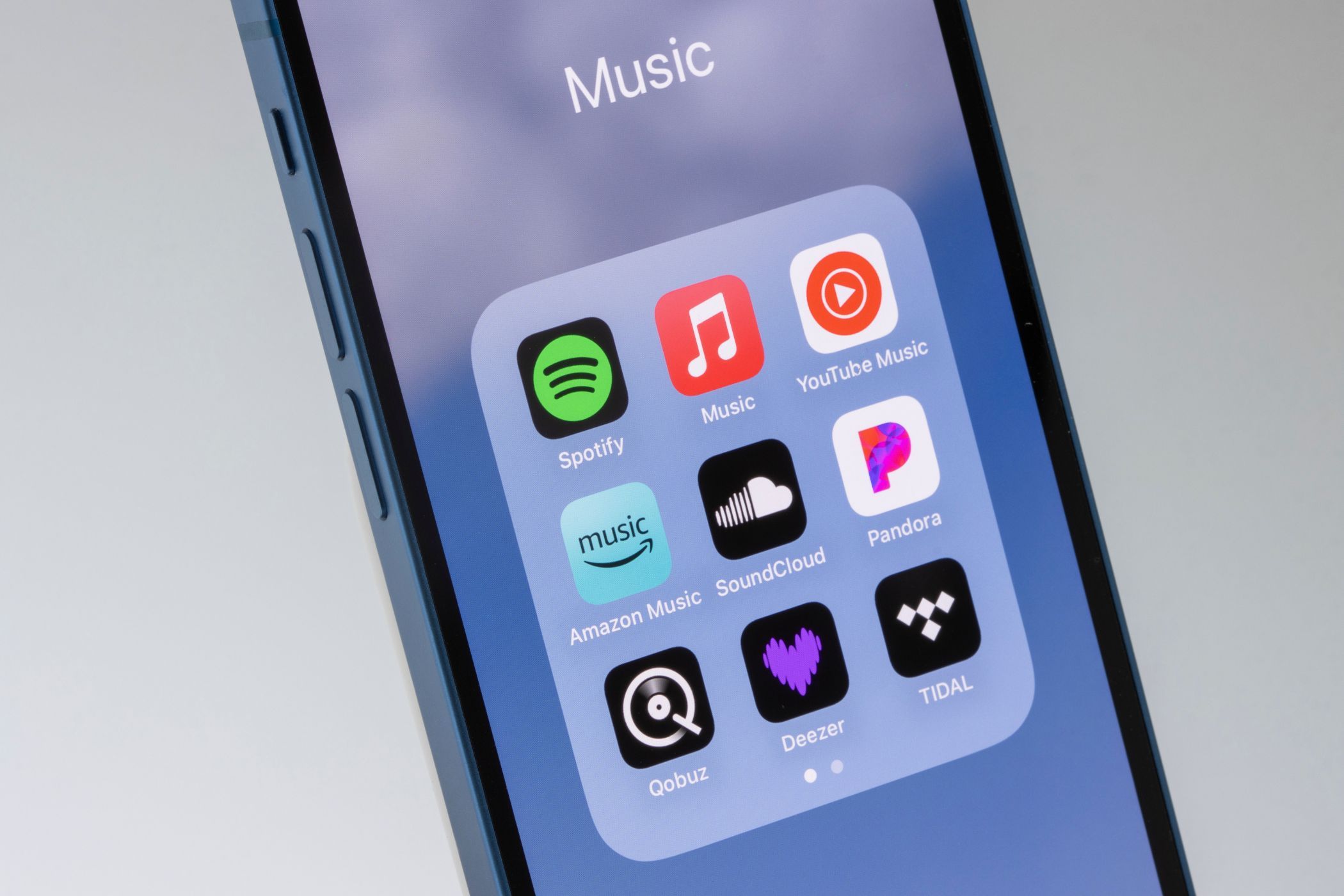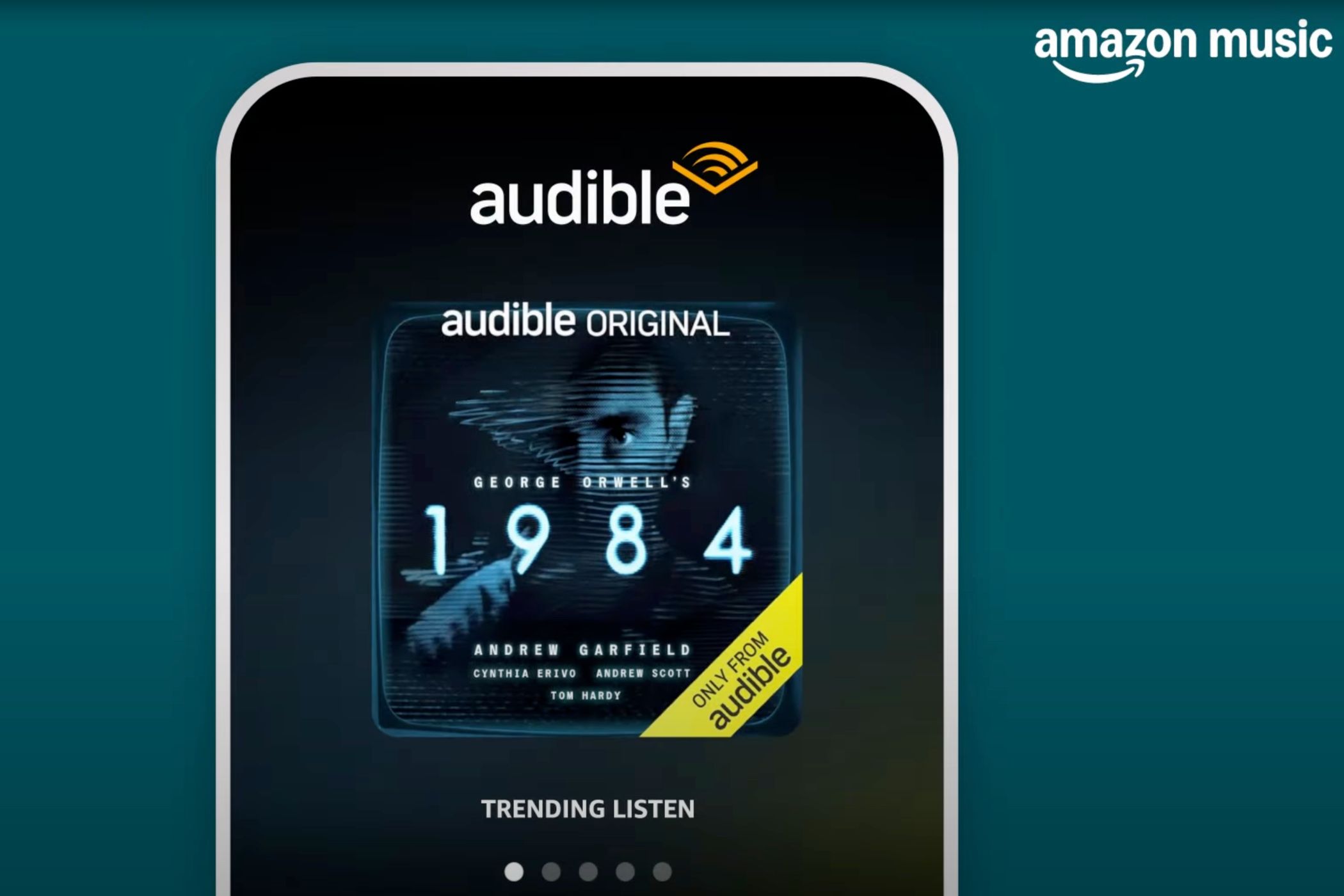Key Takeaways
- CDs can offer savings over music subscriptions by providing lifetime ownership at affordable prices.
- CD quality surpasses compressed digital formats while avoiding storage issues with lossless formats.
- Physical CD collections provide aesthetic appeal, reflect your personality, and are more practical than tape and vinyl.
Old-school music tech is back in a big way—we are witnessing a significant resurgence in vinyl, cassette, and CD sales. As much as I love the convenience of music streaming services, here is why I believe CDs are still worth buying in 2024:
CDs Save You Paying for a Music Subscription Service
I have a music streaming subscription but often find myself listening to the same playlists, which makes me wonder if it’s worth the monthly fee. Much of the music I listen to on Spotify already exists in my home music collection, and I’m chiefly paying for the convenience and practicality of music streaming. It begs the question: would the hundreds of dollars I pay yearly for music subscriptions be better spent on physical recordings?
Music streaming has revolutionized the industry, but the impact is not all positive. Artists are paid less, while record companies and streaming services are getting the lion’s share. Algorithms shape our decisions and set trends, while new artists aren’t necessarily getting the exposure they deserve. Additionally, streaming services frequently charge a premium for CD-quality sound.
CD Quality Beats Compressed Digital Formats
Music streaming services like Apple Music, Amazon Music Unlimited, and Tidal already provide high-resolution audio. With the imminent release of Spotify HiFi, all major platforms will offer us the option to stream in 16-bit or higher quality that matches or exceeds that of CDs. However, much of this quality is lost on the average listener unless the music is played on high-end equipment or transmitted via premium Bluetooth codecs when connecting wirelessly.
Due to digital music’s binary nature, CD quality is theoretically inferior to analog sound reproduction. Still, it beats the quality of compressed digital formats like MP3 by a large margin. The 16-bit 44.1 kHz standard CDs offer can reproduce all frequencies detectable by the human ear, but MP3 and other compressed formats are a significant compromise. If you choose to store your digital music library on a hard drive, storage device, phone, or digital music player (yes, these are also making a comeback), you have to use a lossless format like ALAC, AIFF, WAV, or FLAC to achieve CD-quality sound.
CDs Save You Using Storage Space on Your Devices
The problem with lossless formats is that they have much larger file sizes. Depending on the size of your music collection, this may lead to compromises when using a portable device to listen to your music, and it might dominate space on your computer’s hard drive. I use a laptop with a decent amount of storage. However, I have had to relocate my digital music files to an external hard drive to ensure enough space for music creation and video editing.
A CD is a digital storage device in its own right, and if you have the available room, it makes sense to give your music collection a dedicated space distinct from your digital devices. As I prepare to dust off my old CD collection, I am seriously considering buying a modern CD player to get the best possible results and expanding my collection to include new purchases and music converted from my vinyl collection.
CD Players Can Be Compact and Stylish
The world has changed since the CD’s heyday, and we tend to favor compact devices over large Hi-Fi separates and boxy floor-standing speakers. Modern entertainment centers seldom have enough room to house much more than a gaming console, a soundbar, and a TV streaming box, but thankfully, CD players have also moved with the times.
While it is still possible to buy 19-inch Hi-Fi separates, many manufacturers are producing scaled-down CD players that produce excellent results. Some exceed thousands of dollars in price, suggesting that the CD format is alive and well in audiophile circles. On the other end of the scale, some of the best new CD players are practical, affordable, and include modern features such as Bluetooth connectivity.
CDs Are Often Cheap to Buy
CDs can be affordable and come with lifetime ownership, unlike subscription services, where even your downloads ultimately expire. New releases on CD usually cost around $15, whereas classic albums and compilations can be found for between $5 and $10 on Amazon. Unsurprisingly, CD prices are lower in used markets, with popular releases selling for as little as $2 to $5 online.
CDs can still be found even cheaper in charity shops and thrift stores, although there’s an element of chance involved regarding whether you will find something you like. That said, shopping for records is one of the greatest pleasures of owning physical music. I have spent entire afternoons looking for bargains and hidden gems among the racks of CDs—something that is becoming lost in the age of streaming media.
It Feels Good to Have a Physical Music Collection on CD
Like your taste in clothes or the artwork on your wall, your music collection says a lot about you. Physical music media comes with attractive images and informative liner notes, and a CD collection, like a well-stocked bookshelf, lends aesthetic appeal to a living space. There’s much to be said for perusing a shelf full of CDs to consider what to play—something that often can’t be said for scrolling through an app where you’ll likely be bombarded with suggestions that don’t reflect your mood.
As a vinyl collector for over twenty years, I am a fan of physical music media, but CDs are more robust, so I don’t get nervous when a friend fumbles through my collection. A well-looked-after CD should last a lifetime, and building a sizable CD library shouldn’t take long. You can also easily convert your analog media to CD format as a backup to save it from wear and tear and listen to it on the move.
It’s easy to see why CDs declined in popularity. With the proliferation of digital music players, MP3 quickly became the gold standard, damaging the entire music industry as piracy and duplication were rife. To their credit, music streaming services have helped rectify some of these issues, but a new generation is happy to return to basics. As someone who loves their vinyl collection but likes to listen to music on the move, CDs provide the perfect compromise, especially if I decide to take my music entirely offline.
